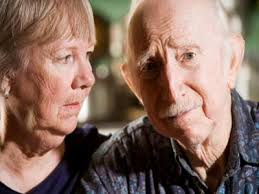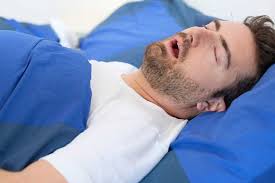Elderly depression often goes untreated or is misdiagnosed. Yet, people over age 60 are more likely to be depressed than younger people. This is important. As the population of the United States gets older and more depressed, proper mental health care becomes more urgent.
Health problems create and mask depression symptoms.
The older you become, the more health problems you develop. Rheumatism, diabetes, heart disease, cancer, dementia, and Alzheimer’s disease are some of the health problems that could face a person as the years go by. The pain and anxiety from any of these conditions can lead to depression. Most diseases have a pain management program. It’s important to stick with such a routine, because properly managing pain helps keep despair at bay. Managing pain also makes it easier to spot depression symptoms.
A disease can mask depression. If a person is sad or anxious, its assumed those feelings are there because of the disease. Any depression is missed. If there is more than one problem with health, depression gets caught up and lost in the mess. For example, a person suffers from heart disease and starts developing dementia. The person is sad, eats less, and has sleep problems. Are those conditions caused by the diseases? Or are they caused by medications, the realization that he/she is starting to forget things, or depression? In such a case, what’s needed is a mental health check.
Medications can create depression.
Depression is the most common side effect of medications. What happens is that some medications block receptors in the brain that help keep mood balanced. Some medications also interfere with natural chemical processes in your body, thus creating feelings of anxiety and despair. If you notice symptoms of sadness, increased anxiety or agitation, aggressive behaviour, or mood swings, you should immediately visit a doctor.
Drugs can interact with each other in negative ways. Paranoia is a common side effect. It’s important to keep a list of all medications being taken. Young adults taking care of older parents should check with the pharmacist to make sure the drug list is really what’s being taken.
Get a geriatric doctor.
Geriatric doctors are specially trained doctors who deal with aging. The human body naturally changes as it gets older. But there are some things, like depression, that aren’t part of the normal aging process. A geriatric doctor is the best doctor to go to when you’re not sure if an elderly parent or relative is suffering from depression or some other mental health problem.
A geriatric doctor is trained to deal with dementia and Alzheimer’s. Dementia and Alzheimer’s both create depression, but they also start off with a general sadness and dismay over what is a loss of personal power. A geriatric doctor has many diagnostic tools, like the Geriatric Depression Scale, to identify depression versus sadness. Unfortunately finding a geriatric doctor who accepts new patients can be a long process. There’s few of these specialized doctors at a time when most of the US population is hitting old age.
Family and friends are important.
It’s important to watch for depression in elderly parents and relatives. Often these elderly people have physical problems which create chronic pain and anxiety. Sadness and anxiety are dismissed as by-products, instead of being seen as parts of depression. Geriatric doctors are the best type of doctors to accurately diagnosis depression from disease. Love and family support can help elderly people suffering from depression.
Visit me on Twitter @tereziafarkas


